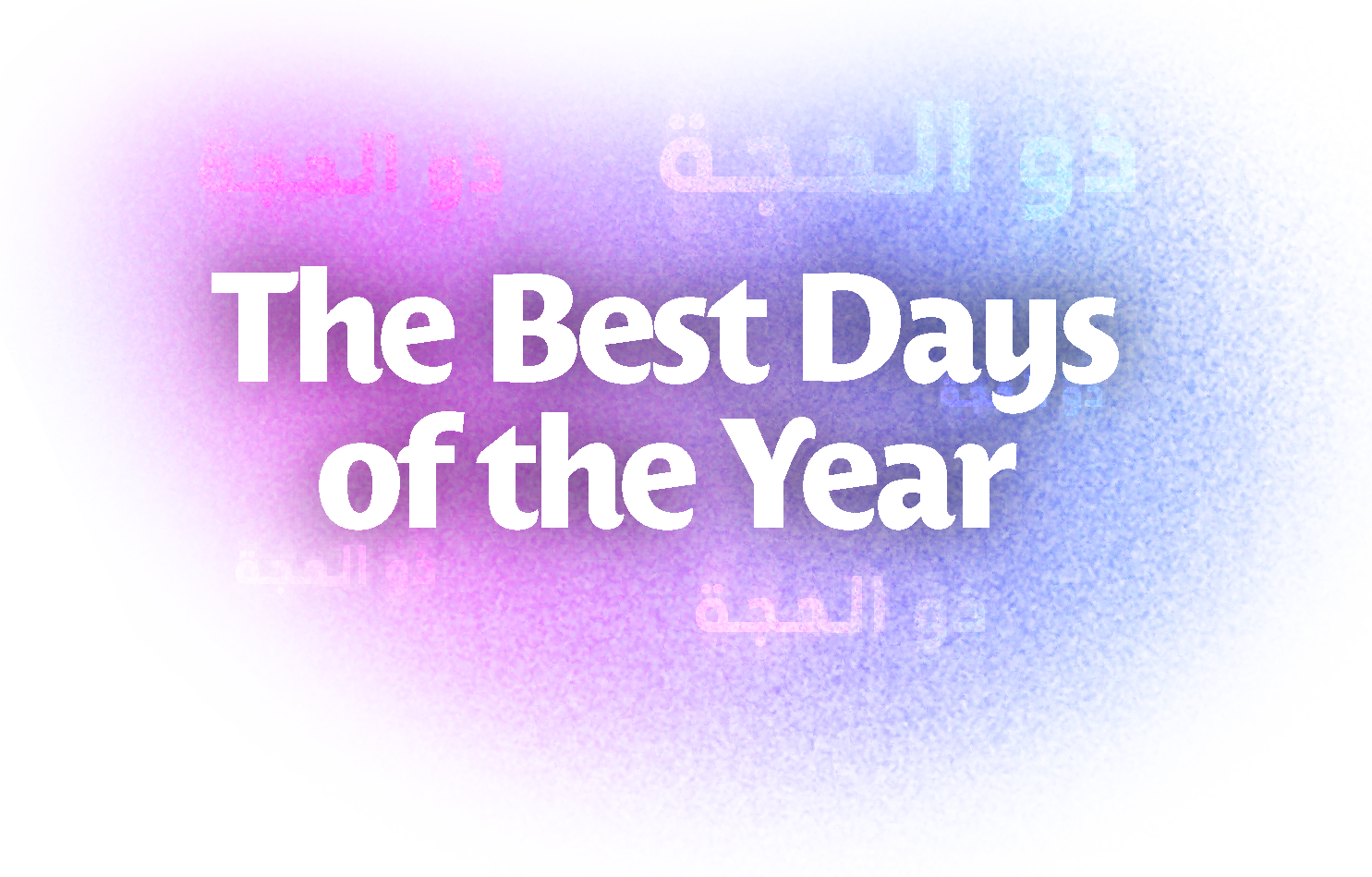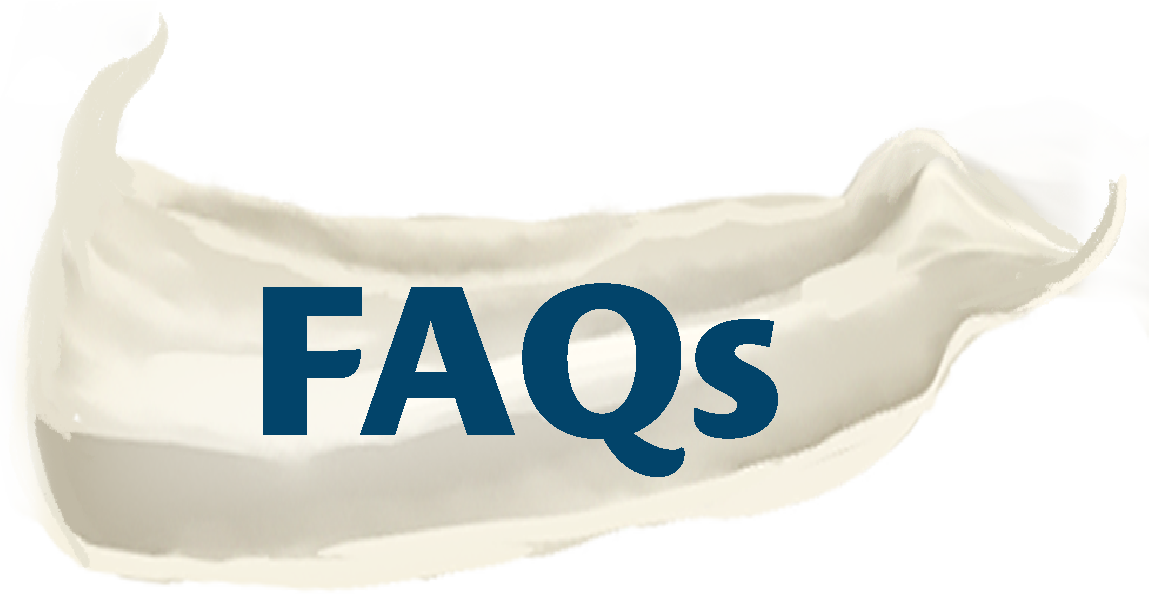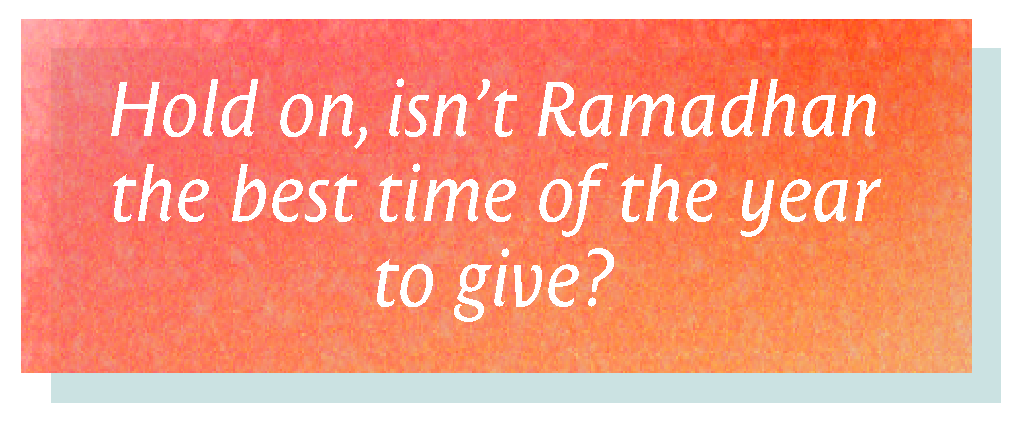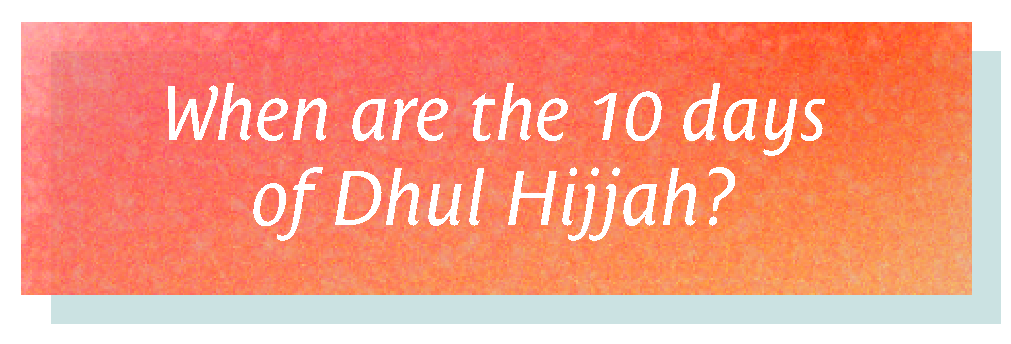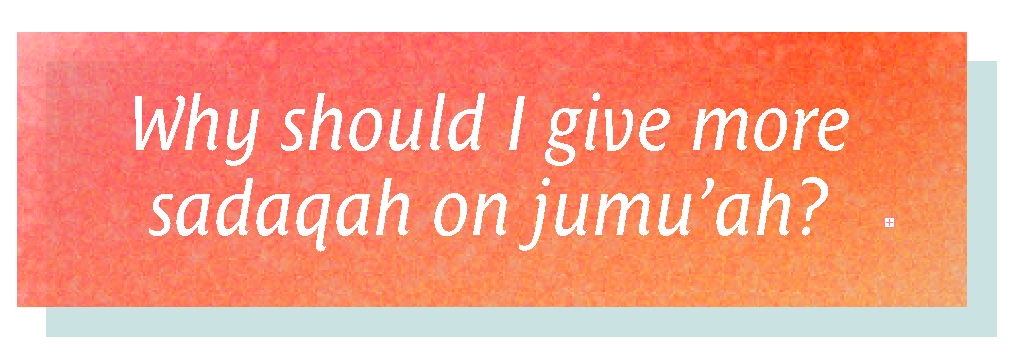Dhul Hijjah is one of the four sacred months in Islam. Allah says:
"The sacred months are Dhul-Qiʿdah, Dhul-Hijjah, Muḥarram and Rajab; sin and obedience are greater in them than in other months: “So do not wrong yourselves therein.”
[Qur'an 9:36]
The first 10 days of Dhul Hijjah are uniquely virtuous, with the Prophet ﷺ stating:
"There are no deeds as excellent as those done in these ten days...”
(Bukhari)
Allah even swears by these days in the Qur’an, highlighting their unmatched importance. These days are so distinguished because they combine prayer, fasting, charity, and Hajj — making them a powerful opportunity for reward. As Ibn Hajar says, “in no other periods do these great deeds combine.”
Just as sins committed in these times are more severe, good deeds are equally even more virtuous.
That’s why the Salaf (righteous predecessors) would strive even harder in their worship during the first ten days. Ibn Jubayr, for example, would exert himself almost to the point he could not bear it, advising others: "Do not turn off your lights during the nights of the first ten days (of Dhu’l-Hijjah).”
Allah bestows special times and seasons to worship Him. Within them are treasures - “special grants attained by those Allah favours with His Mercy,” as Ibn Rajab describes. We should seize the opportunities these seasons present to reap immense rewards.
“Fortunate is he who makes the most of these seasons; months, days and hours - and grows closer to his Lord by acts of obedience - in the hope of achieving one of those grants!”
(Ibn Rajab)
 Choose your daily
Choose your daily
 Decide if you want to give
Decide if you want to give
 Set it up once – and let your
Set it up once – and let your
